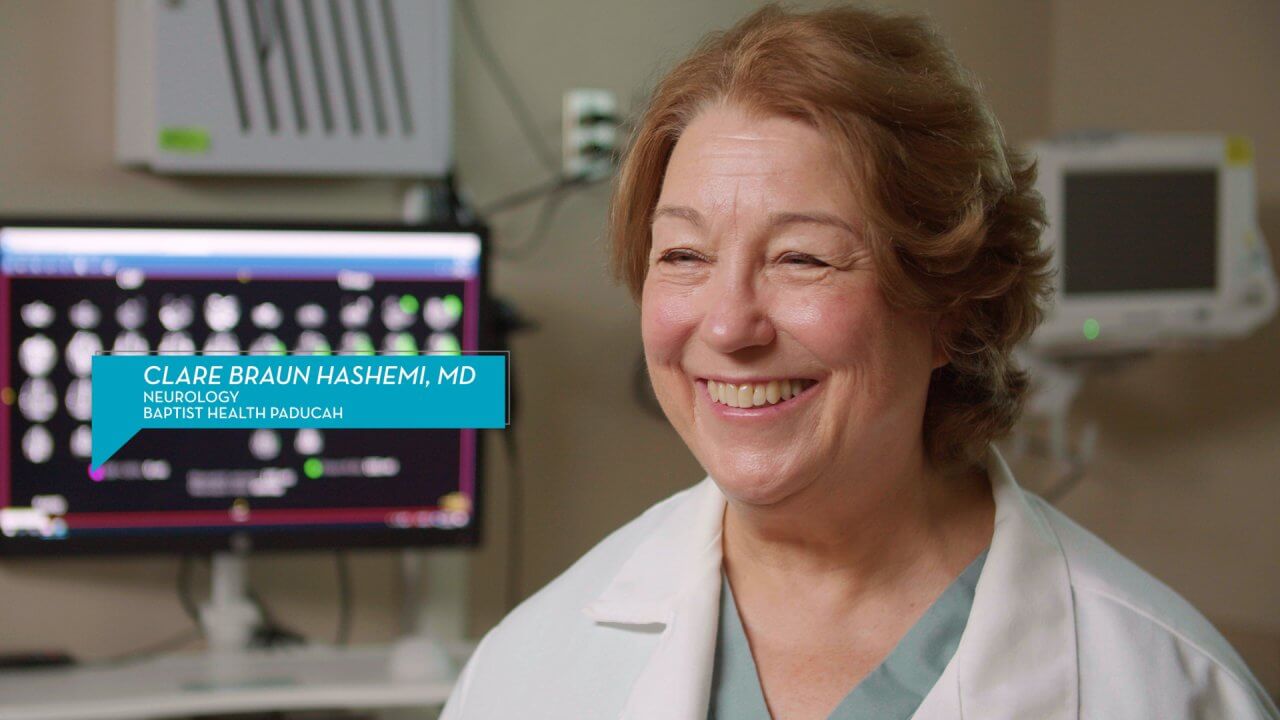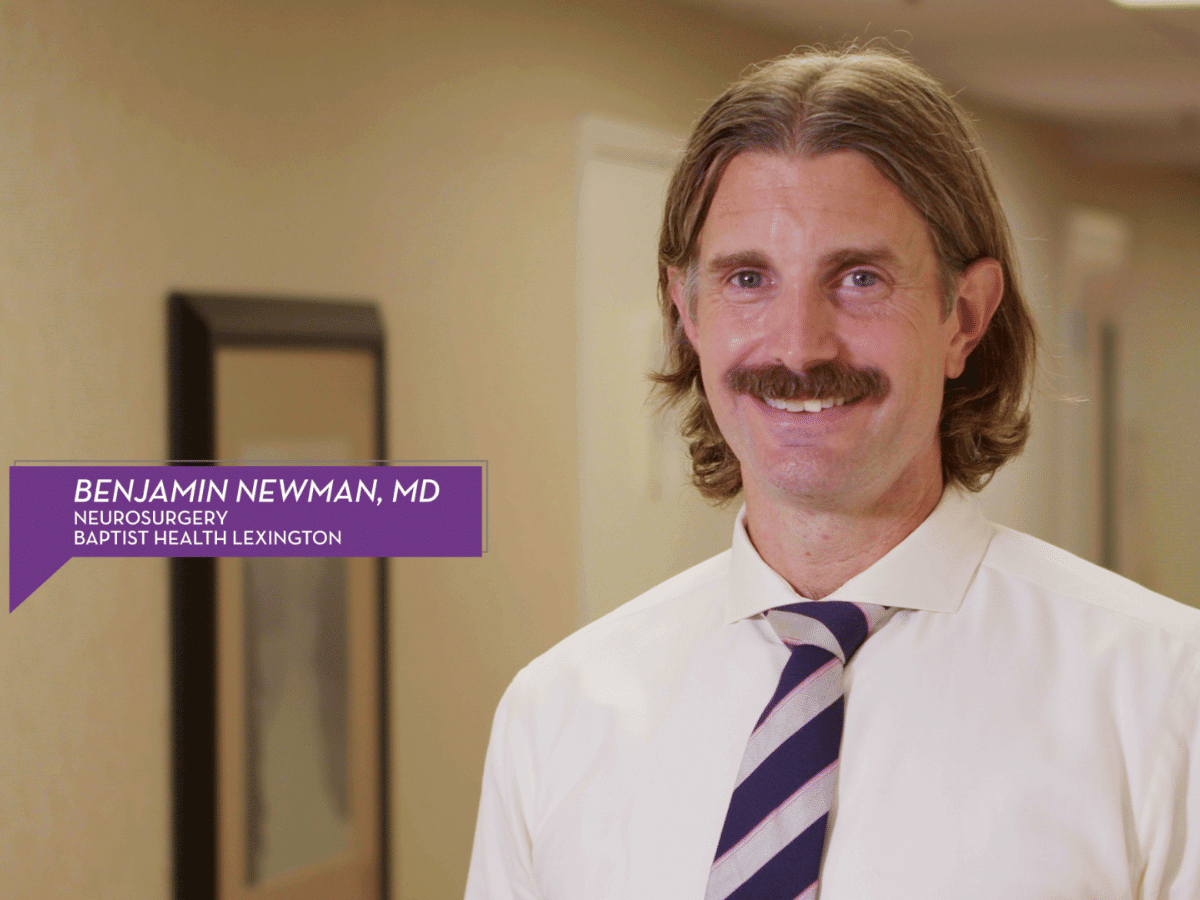Speech Problems After a Stroke

Being able to communicate with your parents and grandparents is essential to affirm the love and admiration that you have for one another. However, sometimes we lose the ability to communicate with a loved one due to illness, such as a stroke. It is possible for there to be speech problems after a stroke since a stroke can affect muscle in the mouth and throat.
Type of Speech Problems After a Stroke
The two most common speech-related impairments as a result of having a stroke are Aphasia and Dysarthria.
Aphasia is a common result of a stroke and affects men and women equally. It is a language disorder caused by damage in a specific area of the brain that controls language expression and comprehension.
Dysarthria is the inability to speak because the stroke has weakened the various muscles inside the mouth that are used to utter words. Someone with dysarthria might slur words and have a hard time with pronunciation.
Tips on Communicating with Someone Who Has a Speech Problem
It can be devastating to see a loved one suffer the effects of a stroke and we may experience a sense of helplessness. Here are a few tips to help you communicate with them:
- Make them feel included in conversations and treat them like an adult
- Use simple, short sentences
- Be patient and give them time to express themselves
- Consider using writing or drawing for communication
- Don’t correct their speech or try to fill in words for them
- Stick to one-on-one conversations or small groups
Treatment or Speech Problems Caused by a Stroke
Thankfully there are treatment options available to individuals who are experiencing speech problems after a stroke.
Baptist Health provides inpatient, outpatient, and home care speech-language pathology – including voice therapy – and audiology services for all ages and for a variety of conditions that make communication and swallowing difficult.
If you are concerned about yourself or a loved one being at risk for stroke, please feel free to take stroke risk assessment and learn how to prevent stroke in your family. Also please use our stroke resource page to learn more about stroke and contact your nearest Baptist Hospital to speak with someone about our therapy services.



